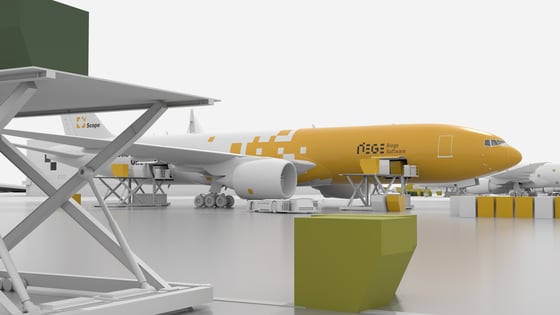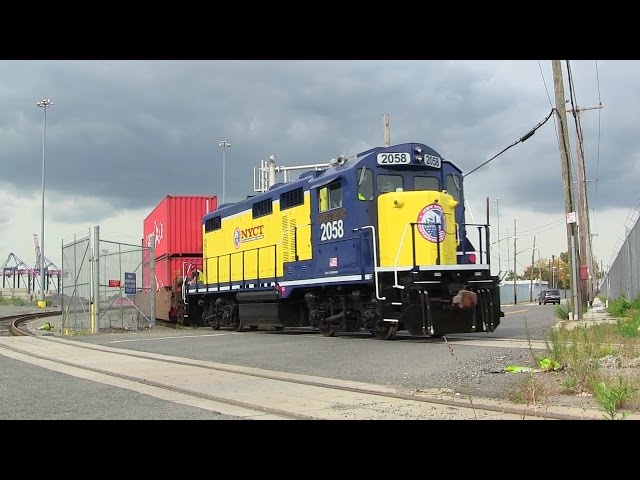Understanding the freight forwarder cost from China is essential for importers seeking competitive shipping solutions. However, costs are not fixed; they depend on cargo size, transportation mode, destination, and customs requirements. With the right forwarder, businesses can cut expenses, avoid delays, and secure faster delivery schedules across the Pacific.
What Determines the Freight Forwarder Cost from China?
Several factors influence pricing:
- Shipping mode: Sea, air, rail, or courier options.
- Cargo size and weight: Large shipments may qualify for volume discounts.
- Origin and destination: Costs differ between Shanghai–Los Angeles and Shenzhen–New York.
- Customs clearance fees: Vary by product type and US regulations.
- Seasonal demand: Peak shipping seasons increase rates.
Additionally, forwarder value-added services—such as warehousing, packaging, or insurance—affect total charges.
How Much Does Freight Forwarding from China to USA Cost?
Below is a breakdown of average shipping costs:
| Mode of Transport | Average Cost (2025) | Transit Time | Best For |
|---|---|---|---|
| Sea Freight (FCL 20GP) | $1,800 – $2,200/container | 25–35 days | Large-volume, low-cost shipments |
| Sea Freight (LCL) | $50 – $80/CBM | 30–40 days | Small or medium cargo |
| Air Freight | $6 – $12/kg | 5–9 days | Urgent electronics, fashion, perishables |
| Express Courier | $10 – $15/kg | 3–5 days | Small, urgent parcels |
| Rail Freight (via EU) | $2.5 – $4/kg | 20–30 days | Balanced cost & speed alternative |
Moreover, charges may include terminal handling, delivery, and customs fees in both China and the USA.
Why Do Freight Forwarder Costs Fluctuate?
Although contracts provide stability, spot rates change due to:
- Fuel surcharges adjusted monthly by carriers.
- Trade policy shifts impacting tariffs.
- Capacity shortages during peak demand.
- Weather disruptions affecting vessel or aircraft schedules.
As a result, businesses should request updated quotes regularly.
Case Studies: Real Shipping Examples
Case 1: Shanghai to Los Angeles (Furniture)
- Cargo: 1 × 40HQ container, 28 tons of furniture.
- Mode: Sea freight FCL.
- Cost: $3,600.
- Transit Time: 29 days.
Case 2: Shenzhen to Chicago (Electronics)
- Cargo: 5 tons of smartphones.
- Mode: Air freight.
- Cost: $47,500 (at $9.5/kg).
- Transit Time: 7 days.
How Do Freight Forwarders Charge for Their Services?
Charges typically include:
- Freight costs: Carrier fees (sea, air, or rail).
- Customs brokerage: Clearance paperwork and duties handling.
- Handling charges: Loading, unloading, and storage.
- Value-added services: Insurance, packaging, labeling.
Therefore, a transparent forwarder should provide an itemized cost sheet.
What Customs Documents Are Required?
| Document | Purpose |
|---|---|
| Commercial Invoice | Declares goods’ value for customs assessment |
| Packing List | Lists item details and dimensions |
| Bill of Lading/AWB | Proof of contract with carrier |
| Certificate of Origin | Confirms country of manufacture |
| Import License | Needed for restricted cargo |
| Insurance Certificate | Covers goods against loss or damage |
Proper documentation prevents clearance delays and extra storage fees.
Should You Choose FCL or LCL?
Although FCL is more economical for larger loads, LCL is practical for smaller importers.

Can Air Freight Replace Sea Freight?
Not fully. Although air freight ensures fast delivery, it is too costly for bulky or low-value goods. On the other hand, air freight is ideal for electronics, luxury items, and urgent shipments.
Do Rail and Courier Alternatives Provide Value?
Yes. Rail freight offers a balance of speed and cost, especially for goods moving via Europe. Courier services remain unmatched for urgent documents and small parcels.
How Can Businesses Reduce Freight Forwarder Costs?
Effective strategies include:
- Consolidating shipments to save on LCL costs.
- Booking off-peak to avoid seasonal surcharges.
- Using multiple freight methods for flexibility.
- Partnering with reliable forwarders with bulk contracts.
Therefore, proactive planning reduces both delays and unnecessary expenses.
What Future Trends Will Influence Freight Forwarding Costs?
- Digital freight platforms streamlining quotes and bookings.
- Eco-friendly carriers investing in low-emission ships and aircraft.
- Automation in US ports speeding up cargo handling.
- Trade agreements altering tariffs and customs processes.
Without a doubt, companies that adapt to these shifts will maintain cost efficiency.
Conclusion
The freight forwarder cost from China varies depending on mode, cargo, and destination. Although sea freight remains the cheapest for bulk goods, air and courier services are vital for urgent shipments. In conclusion, choosing the right forwarder, consolidating cargo, and preparing accurate customs documents will minimize costs and keep supply chains efficient.
- Consult TJ China Freight Forwarding for the lowest quote. They will provide you with reliable, cost-effective service.
FAQs
Q1.How can I lower freight forwarder cost from China for electronics?
Consolidating shipments, booking early, and comparing multiple forwarders can reduce costs significantly for electronic cargo.
Q2.What’s the cheapest method to ship bulk goods from China?
Sea freight FCL is the most affordable option for large containers, reducing unit costs for heavy cargo.
Q3.Should I use one or multiple freight forwarders for China shipments?
Working with multiple forwarders increases flexibility, reduces risks, and helps secure competitive freight costs.
Q4.What documents are most critical to avoid customs delays?
Commercial invoice, packing list, bill of lading, and certificate of origin are the most important for smooth clearance.
Q5.Do express couriers justify higher freight forwarder cost from China?
Yes, they provide guaranteed fast delivery for urgent shipments, which is often worth the premium price.





